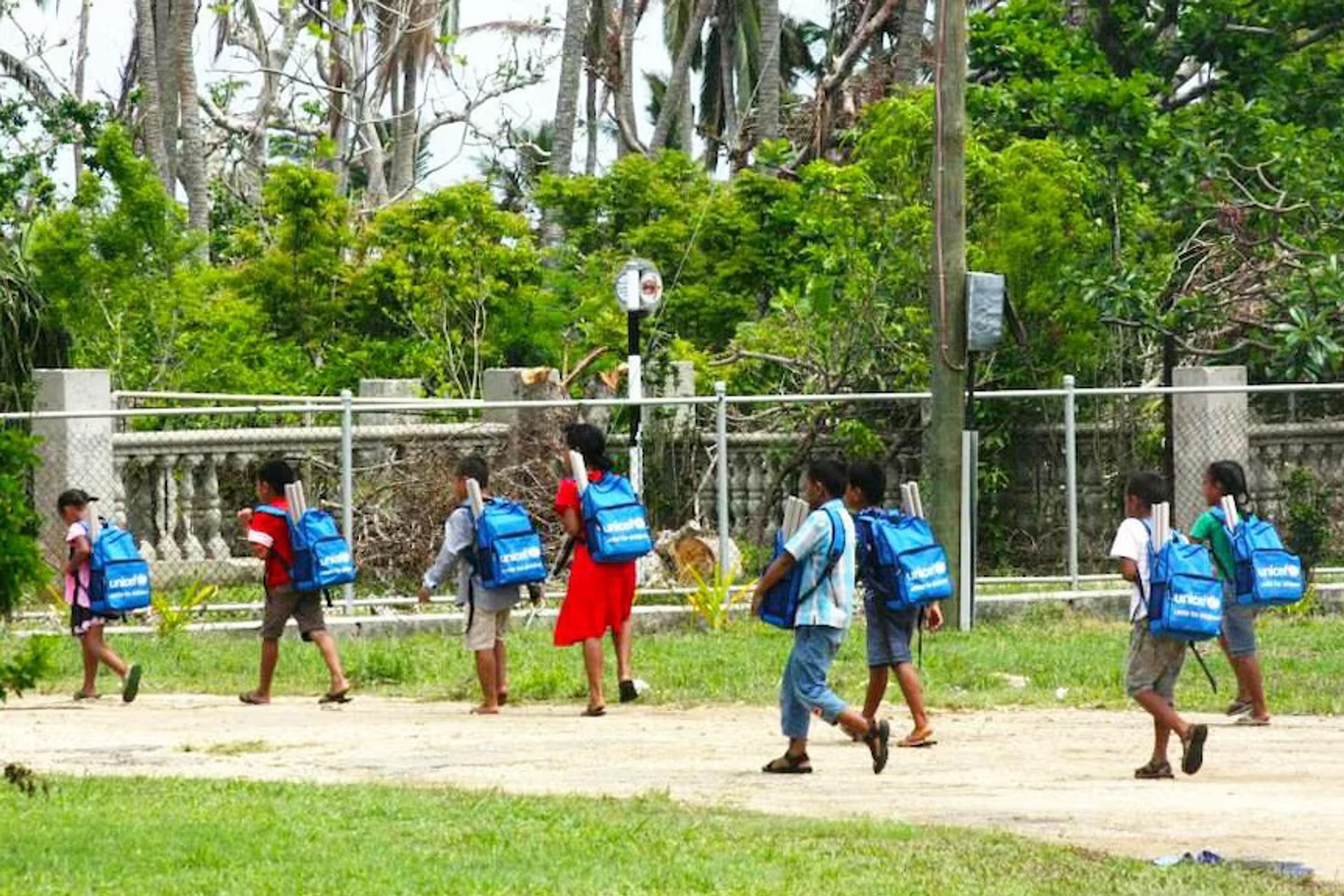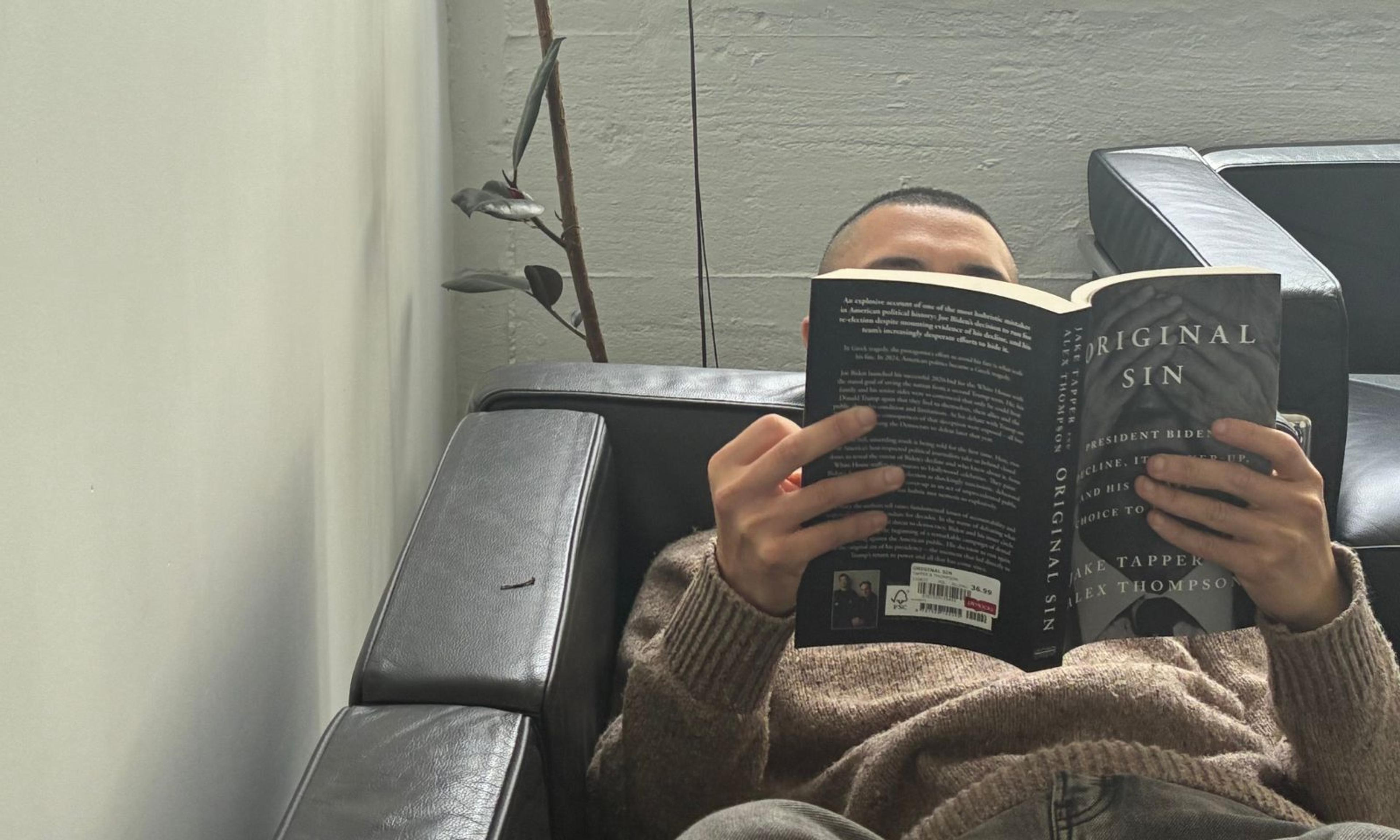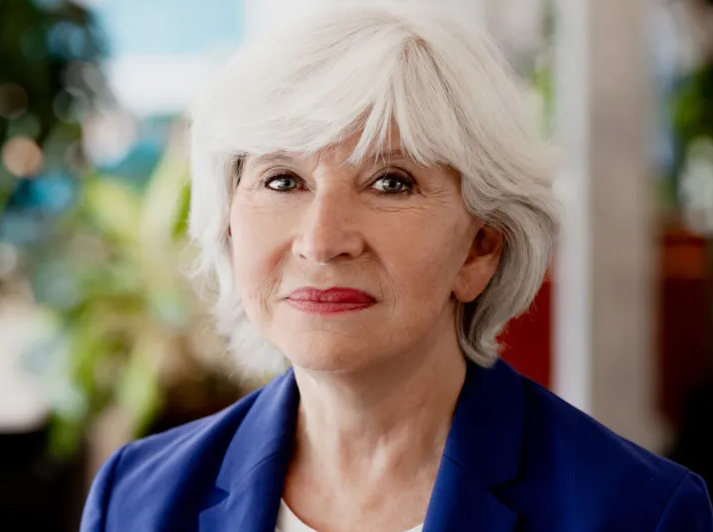

Tens of thousands of pro-independence supporters with Kanaky flags gathered on Nouméa's Coconut Square on Saturday 13 April 2024.
NC la 1ère
New Caledonia in limbo amid French political stalemate
French political parties are scrambling to reach a majority or put up a viable option for Prime Minister, so what does this mean for the French territory of New Caledonia?



‘Love is justice, lived out loud’: Reverend Wayne Toleafoa honoured for service


Pacific leaders humbled by recognition in New Year 2026 Honours


Climate disasters in 2025 impact Pacific children, review finds

‘Love is justice, lived out loud’: Reverend Wayne Toleafoa honoured for service


Pacific leaders humbled by recognition in New Year 2026 Honours
It’s been a week since France went to the polls in a snap election and there’s still no clear winner or Prime Minister in sight, but an academic says this could be a good thing for New Caledonia.
The French National Assembly has 577 seats, but none of the parties garnered enough seats to form a majority of 289 MPs, resulting in a political stalemate.
University of Auckland associate professor of French culture, Deborah Walker, says the results are confusing, and it’s unclear what this means for New Caledonia, which is recovering from deadly riots that killed 10 people.
“It’s a really tragic, painful and complicated situation, and I don’t think this result makes things any easier."
The political wobbles could work in favour of Pacific-friendly policies, as three out of four parties in the left-wing coalition have controversially proposed an unelected official, climate diplomat Laurence Tubiana, for Prime Minister.
Speaking to William Terite on Pacific Mornings, Walker said if the bloc agreed and made it official, Tubiana could be a good option.
“If one were to be optimistic, then a Prime Minister of the likes of Laurence Tubiana, who's not a politician, but who is clearly in favour of social justice and climate justice, who can address the issues of cost of living in France and bring people together, that would be a good start. But I am not sure that that will go through.
“Or we could get a continued stalemate, in which I think any negative situation in France will only play into the hands of the far-right.”
Tubiana was the lead negotiator on the Paris Accord in 2016 where almost 200 countries committed to reducing emissions and working to keep global warming below 1.5 degrees Celsius.

Laurence Tubiana is tipped to be the Prime Minister, if all the left-bloc can agree. Photo/Facebook
New Caledonia elects two MPs from opposite ends of political spectrum
New Caledonia has two constituencies, and this election’s high turnout resulted in two MPs from opposing political camps.
Nicolas Metzdorf was re-elected and is known as a loyalist, a term describing right-wing political views and a view to keep New Caledonia as a French territory.
Newcomer Emmanuel Tjibaou is an indigenous Kanak and the first pro-independence candidate to win the seat in almost 40 years.
Speaking to local media Radio Rythme Bleu, Metzdorf hoped Tjibaou would not be “overtaken by radicalism”.
“Before this election, I didn't know Mr Tjibaou apart from reputation, of course. What I see is that he has a very moderate, very progressive, constructive speech. How long this will last, I don't know. Because in the past, we have always talked to pro-independence people who were moderate at the beginning, and then they were caught up by fear.”
Political instability amid geopolitical game
In May, deadly violence flared in Nouméa following plans by France to change who was allowed to vote in New Caledonia’s local elections. This was seen by many as a move to dilute the influence of Indigenous Kanak people, who make up 40 per cent of the population.
French President Emmanuel Macron had paused discussion on constitutional changes until things cooled down, but Walker said France was not ready for independence talks.
“I’m not sure that France would want to pull out right now. I think they are absolutely aware of the geopolitical importance of the Pacific.
“If France were to withdraw from the Pacific, France would be replaced, probably, by somebody else.”
New Caledonia is a territory of France, along with Clipperton Island and the island groups of French Polynesia and Wallis and Futuna. This means France has the largest Exclusive Economic Zone or EEZ, in the world, with 11 million square kilometres across the Atlantic, Indian and Pacific oceans.
Watch the full interview on Pacific Mornings with Deborah Walker: